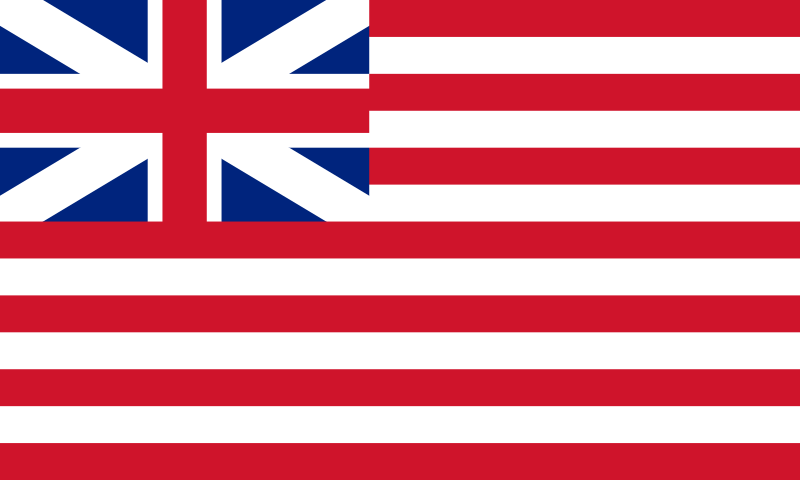Monday, April 13, 2009
Wednesday, July 2, 2008
Horrible Things That Could Happen to you at Sea: Barrel of Roaches
In order to learn the location of valuables, or just for the pure enjoyment of torturing someone (it gets really boring at sea), pirates came up with some awful and awfully creative methods of torture.
 Barrel of Roaches:
Barrel of Roaches:While not the most lethal of torture choices, a Barrel of roaches is still pretty icky. One, you're sealed in the barrel, two, dozens and dozens of squirming, roaches all over your whole body. Getting squished as you move around, squeaking and crunching. They would probably eat little things off your body, drink your sweat which i suspect would be pouring off you in the hot, sealed barrel you're sharing with a bunch of roaches.
When their non-fatal tortures are rather unpleasant, stay tuned as I cover progressively more and more disquieting methods of pirate information extrication in the coming weeks.
Friday, June 6, 2008
Pirates in the News! June 6, 2008
 This week one has to give due respect to Canada, which not only has a Navy, but one in the Gulf of Aden that
This week one has to give due respect to Canada, which not only has a Navy, but one in the Gulf of Aden that  actually intervened in a pirate attack successfully. See here and here.
actually intervened in a pirate attack successfully. See here and here.The Canadian Frigate took images of the skiffs as they ran back to coastal waters, just another example of the multinational efforts in place around the Gulf of Aden."I am convinced that the presence of our aircraft drove them away from the traffic lanes and prevented any further attack today on merchant shipping in the area," said Cmdr. Kelly Larkin, commanding officer of the multi-purpose frigate.
"We continued to monitor those two skiffs and their crew as they were heading back toward Somalia territorial waters."
Moving west, Nigeria is in trouble, this isn't exactly a surprise when you're a fixture in a weekly digest of pirate news, but there are issues tangential to piracy that are plaguing this African nation. Among others, Food shortages are hitting Nigeria hard, and increased piracy is hurting Nigeria's fishing industry (second only to oil, also hit by piracy).
In New York City, a man was arrested for carrying a pirate sword into Macy's Department Store. The man claimed he was on his way to a kickball game where his team of pirates plays, which is likely, many of the hip young moderns play kickball, even the "Paper of Record" has reported on the craze.
Prince William of England is going to take a few months with the Royal Navy this summer in the North Atlantic and Caribbean. The serious article is entertaining, but is it as entertaining as....
No. Probably not as entertaining.
Finally, if your grandmother doesn't have a navy for you to join if you yearn for adventure and you have a few thousand dollars to throw around, just take a nuclear powered ice-breaker to the North Pole.
Thursday, May 1, 2008
The British East India Trading Company

The British East India Company ( or the East India Trading Company) was granted its charter as a joint-stock company by Elizabeth I on December 31, 1600. It was originally given a 21-year monopoly on trade with
The company initially made its fortune trading in tea and spices that were in extremely high demand back in  ea that they alone could supply. However, the East India Company’s control over the subcontinent did mean they had something that
ea that they alone could supply. However, the East India Company’s control over the subcontinent did mean they had something that
The British Government made efforts to curb the power of the company in 1784, 1813, and again in 1833 with various acts of parliament that differentiated their political and commercial activities and removed it as the implementer of the colonial government of 
While their practices were not always savory, their skill in management became the model for the English government’s bureaucracy at home and around the world. When it was finally dissolved by the British government in 1874, The Times reported, "It accomplished a work such as in the whole history of the human race no other company ever attempted and as such is ever likely to attempt in the years to come."








